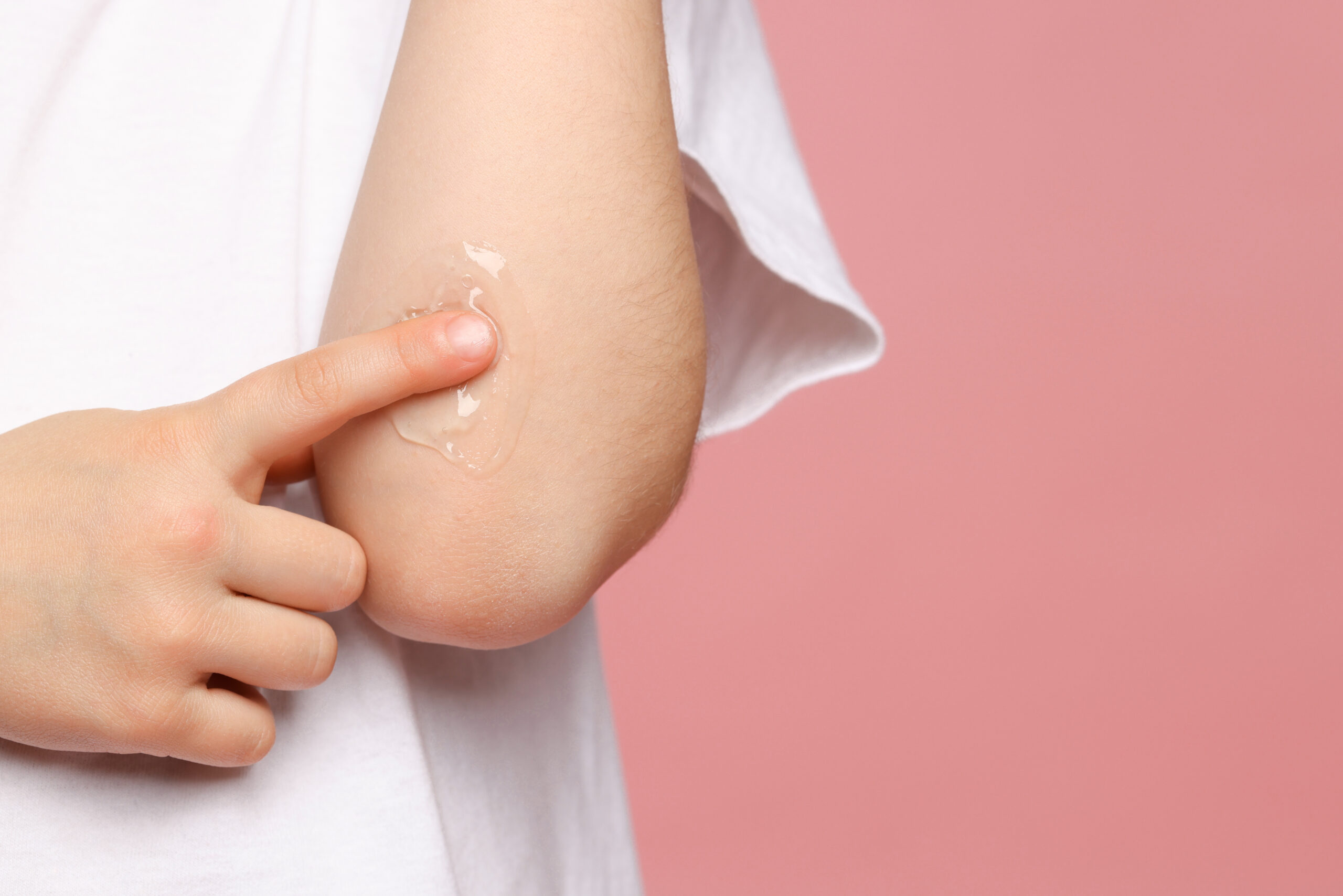Wound care continues to extend leaps and bounds in recent history, with a range of products now available that can offer fast, effective treatment at minimal expense and effort to prevent serious ramifications from occurring. One of these advances is topical skin adhesives. These are a type of dressing that can be used for advanced wound repair, such as after surgical incisions and lacerations. In fact, it has several functions that make them ideal for the treatment of wounds, including providing a moist environment to promote healing and preventing external contaminants from entering the wound site. In this article, Team Medical Supplieswill explore everything there is to know about topical skin adhesives, as well as how they are utilised in common medical practice to help heal wounds.
What Exactly are Topical Skin Adhesives?
We’ve briefly introduced them, but let’s dig a little bit deeper into what topical skin adhesives actually are. Think of the product like a medically approved ‘glue’ that is used to help close wounds and provide protection for the area. It does this by polymerizing liquid cyanoacrylate monomers into extended, hardened chains when placed into contact with blood. In simpler terms, when exposed to a wound, it accelerates the healing processes by holding the edges together and preventing further damage.
The process of healing can obviously prove more difficult if there is already an infection present or other complications become involved. However, using topical skin adhesive products helps to protect your body while it works towards recovery, with several different types of topical skin adhesives that work in a variety of ways depending on their intended purpose. In general, their ingredients create the bond with the surrounding area to hold dressings or other appliances in place while wound healing occurs.
When Would a Medical Professional Use a Topical Skin Adhesive?
Topical skin adhesives are a great option for medical professionals because they allow the freedom to spend more time on wound care as opposed to stitching or further gluing. They can also be used in conjunction with sutures, making them an even greater asset when it comes to the healing process. Having this ability is especially useful after undergoing surgery since patients often need their dressings changed multiple times per day, meaning it will be less likely that there will be any scarring left behind; and scars are the last thing that a patient would want after something so invasive. It is for this reason that skin adhesives can be used during postoperative management and dressing changes for wounds at risk for dehiscence; used to secure adhesive tape products such as foam padding, tubular stockinette bandages, and so forth, which help keep them from curling up or rolling off when wrapped around moist areas like hands and feet; and also provide an effective barrier against water loss due to evaporation.
What’s even better is that topical skin adhesives are not only used on humans but also animals, meaning pet owners will have one less reason to stress about their furry friend’s recovery process. If you ever find yourself in need of wound care for your dog or cat, it is possible your vet may use this type of adhesive to also prevent scarring potentially down the road.
Are There Any Disadvantages to Using Topical Skin Adhesives?
In rare situations, topical skin adhesives have been known to cause a rash on certain sensitive skin types. In more extreme cases of irritation people can develop blisters and itchy redness similar to an allergic reaction. These problems typically appear within the first 48 hours after using the adhesive, but fortunately, most reactions are mild and only last for a few days before going away completely without medical help required.
Review our selection of adhesive products available at Team Medical Suppliestoday, including our extremely popular Dermabond Topical Skin Adhesive. For any questions or queries, please feel encouraged to contact a member of our friendly team and we will help in any way we can. Call us on 1300 22 44 50, or leave your details on our online enquiry form.

